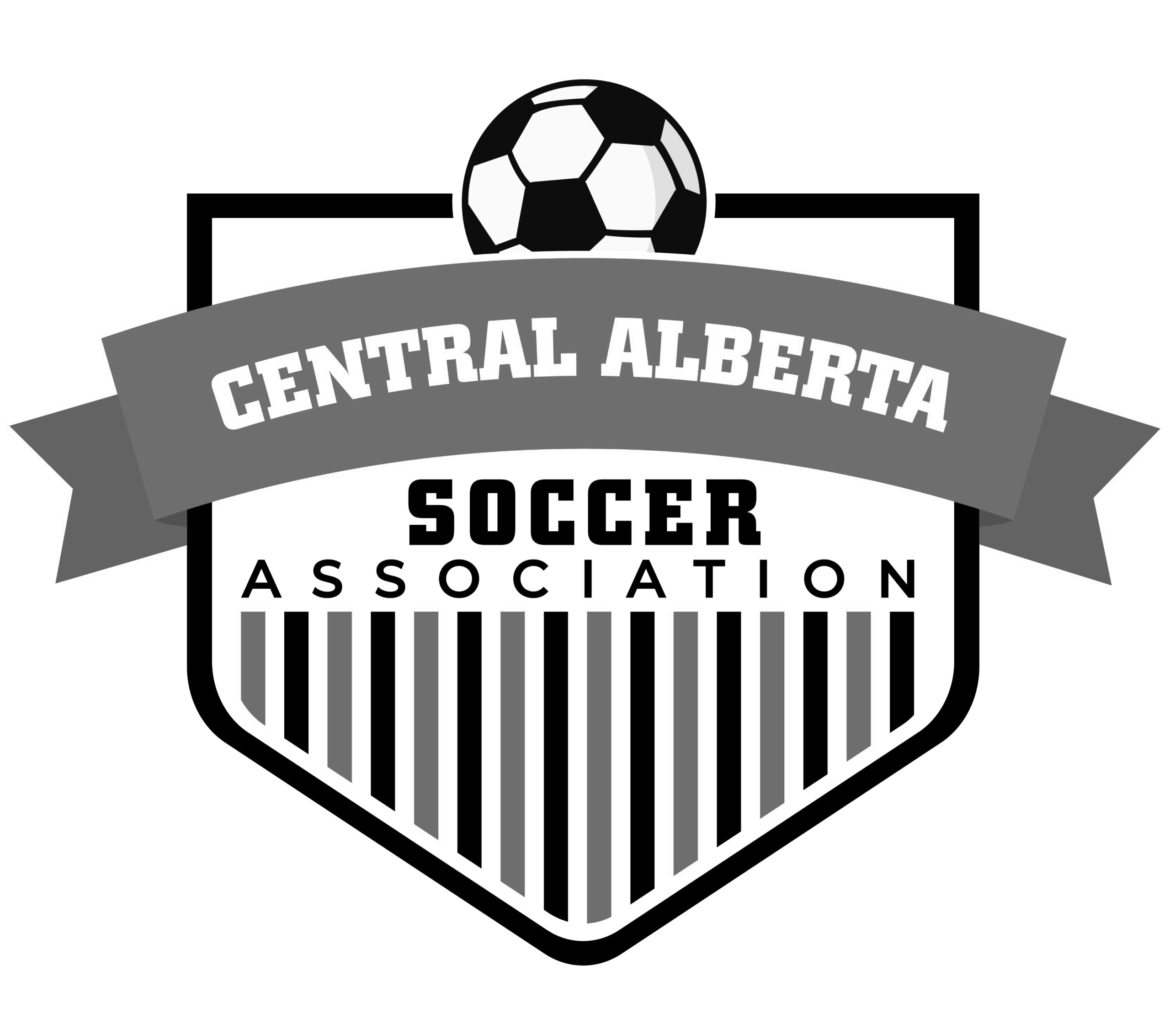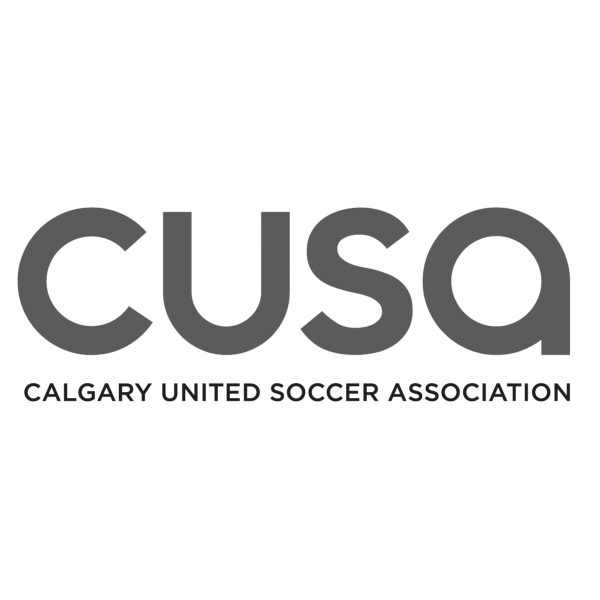Answered Questions
- First of all, ensure that you have a good quality whistle. Most soccer referees now use a ‘pealess’ whistle, such as the Fox 40 or Acme Tornado. These whistles are available at most sporting goods stores that sell soccer equipment, or are available online.
- Next, understand that there is a technique to making any whistle sound good. The force has to come from your ‘gut’ or diaphragm, not your cheeks. There is a good tutorial from Fox 40 – here.
- Lastly, find somewhere that you can practice your whistle. A local soccer field may be best, as neighbours etc. are used to hearing whistles – as long as it is done during daytime or early evening hours.
- A whistle blown with confidence and authority will often produce less complaints about your calls, as it sends a message that you know what you are doing. A ‘weak’ whistle may suggest that you are a ‘weak’ referee, and invite disagreement and dissent.
Happy Whistling!
The relevant sections of the Laws/Rules are:
From Law 4:
- A player may not use equipment or wear anything that is dangerous to himself or another player (including any kind of jewelry).
From the Guidelines to Referees Section:
- Goalkeepers may wear tracksuit bottoms as part of their basic equipment.
Other equipment:
- A player may use equipment other than the basic equipment provided that its sole purpose is to protect him physically and it poses no danger to him or any other player.
- All items of clothing or equipment other than the basic equipment must be inspected by the referee and determined not to be dangerous.
- Modern protective equipment such as headgear, facemasks and knee and arm protectors made of soft, lightweight padded material are not considered dangerous and are therefore permitted.
- One thing to note is that if a goalkeeper is wearing long pants, the referee should ensure that they are also wearing shin pads
Contact information for the assignors can be found at – www.albertasoccer.com/referee/resources/howtogetgames/
All games and leagues organized by Alberta Soccer districts that are in good standing are sanctioned. Tournaments are sanctioned by the district or ASA, depending on where the competing teams come from.
Sanctioned games can be non-competitive, grassroots or recreational, as long as they are organized by ASA or a member district.
A list of sanctioned tournaments can be found at – albertasoccer.com/events/
- Rates of pay are variable, depending on the district where you are working, and the age group and level of the game. Assistant referees are normally paid from $18 – $42 per game. Referees doing Entry Level games are normally paid from $25 – $60 per game.
- Your game schedule can be very flexible, and worked out with the assignor. Some referees work 5-7 days or evenings per week, while other may only work 1 game per week or less.
- The distance traveled to games is based entirely on your preference. Some assignors are only responsible for games in your area, and you may not have to travel very far. Other assignors do ‘city wide’ assignments. The choice is yours who you work for.
Normally there would only be a referee at this age level, no assistants. However, if there are playoff games at the end of the season, an assignor may use assistant referees if they have enough officials.
In both the Rules of Indoor Soccer and the outdoor Laws of the Game, the following offence is listed under Rule 12 (indoor) or Law 12 (outdoor).
‘A free kick is awarded (indirect in outdoor) to the opposing team if, in the opinion of the referee, a player:
- ‘Impedes the progress of an opponent.’
A few things to note:
- All players are entitled to occupy any space on the field at any time, providing they do not commit an offence in doing so. It is basically down to whoever is in the space first. However, they cannot use that right to ‘impede the progress of an opponent’, especially if they are not playing the ball at the time.
- A free kick cannot be awarded to the opposing team if the ball is not yet in play (e.g. at a corner kick or any other restart). The referee could warn the player before play restarts not to impede the goalkeeper (or any other player), and a free kick can be awarded if the offence is still taking place when the ball is in play.
- The impeding offence, along with all other offences, is ‘in the opinion of the referee’.
Because the ball was last played by a member of the attacking team, there is no restriction on the goalkeeper in this situation. They can legally dribble the ball back as described, pick it up and are then subject to the Laws of the Game regarding how long they can hold the ball before releasing.























